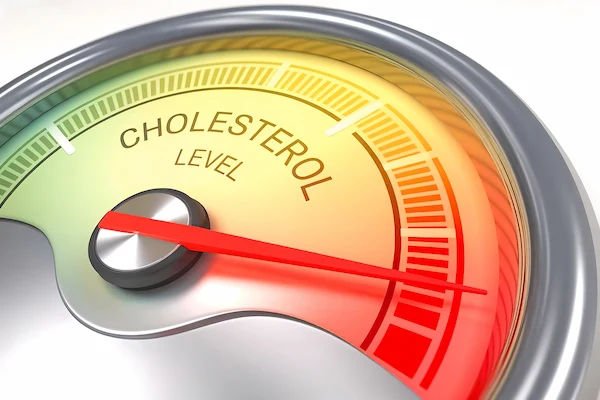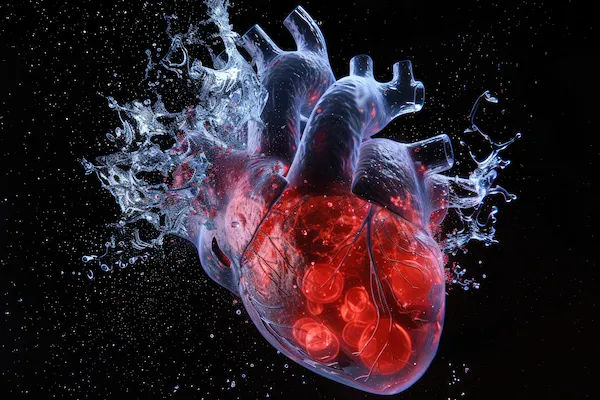- male
- 50 Years
- 22/01/2025
I'm really worried about what happened to me a few days ago. My heart started racing, and it felt like there was some relief when I passed gas, but the fast heartbeat didn't totally go away. I ended up in the hospital and they had to give me shock treatment for my heart rate. That helped, but my blood pressure is still pretty high at 170120, even though it was normal just a week earlier. The doctor prescribed Ixarola 20 mg and cordarone tablets for 15 days. Can someone help me understand what caused this sudden change? I'm also looking for advice on any lifestyle changes or diet adjustments I should make to get my blood pressure down. Any suggestions?
Answered by 1 Apollo Doctors
It sounds like you experienced a rapid heart rate episode that required medical intervention to restore normal heart rhythm. The high blood pressure you are currently experiencing may be related to this episode. Ixarola 20 mg is a medication that helps lower blood pressure by relaxing blood vessels. Cordarone is a medication that helps regulate heart rhythm. To help manage your blood pressure and overall heart health, here are some lifestyle changes you can consider: - Follow a heart-healthy diet rich in fruits, vegetables, whole grains, and lean proteins. Limit your intake of sodium, saturated fats, and added sugars. - Engage in regular physical activity, such as brisk walking, swimming, or cycling, for at least 30 minutes most days of the week. - Maintain a healthy weight and aim to lose weight if you are overweight. - Limit alcohol consumption and avoid smoking. - Manage stress through relaxation techniques, meditation, or yoga. - Monitor your blood pressure regularly and follow up with your healthcare provider as recommended. These lifestyle changes, along with your prescribed medications, can help improve your blood pressure and overall heart health.
Dr. Chandra Suggests...
Consult a Cardiologist
Answered 04/07/2025
0
0

More Cardiology Health Queries
View allI've noticed my heart rate is pretty high, around 110 bpm, even though all my tests like blood work, TMT, and the ECG are normal, with just sinus tachycardia showing up. I don't have any issues when I'm running, but the high heart rate still worries me. I'm really anxious about my heart, and even my blood pressure is normal. Could anxiety be causing this, or is there something else I should consider?
You may be experiencing anxiety-related tachycardia. In such cases, it is important to address the underlying anxiety to help reduce the heart rate. You can try taking propranolol (brand name: Inderal) as needed to help lower your heart rate and reduce anxiety symptoms. Additionally, practicing relaxation techniques such as deep breathing exercises or mindfulness meditation may also be beneficial in managing your anxiety and heart rate.
Answered by 1 Apollo Doctors
I'm really concerned about my husband who's 41 years old. He's been experiencing some pain on the left side of his chest every now and then, but when we did an ECG and an X-ray, everything came back normal. He weighs about 78 kg. Should I be worried even though the tests are normal? What else could be causing this pain?
gastritis rule out.
Answered by 1 Apollo Doctors
I've been having episodes of shortness of breath without any pain, and I'm really worried after my visit to the emergency at Medanta. They did a couple of troponin T tests; one came out negative, but the other was positiveshould I be worried about that? Then they did a coronary angiography, which came back normal, thank goodness, but they also did a CT coronary angiography, and the results are attached. Could you help me understand what's going on in the report and what my next steps should be in terms of treatment?
I see that you have undergone various tests for shortness of breath and have received conflicting results on troponin T tests. The normal coronary angiography results are reassuring. As for the CT coronary angiography report, without seeing the specific details, I cannot provide a detailed explanation. However, based on the information provided, it seems like further evaluation and monitoring may be needed to determine the underlying cause of your symptoms. In terms of treatment, it would be best to follow up with your healthcare provider for a comprehensive assessment and to discuss the next steps.
Answered by 1 Apollo Doctors
Disclaimer: Answers on Apollo 247 are not intended to replace your doctor advice. Always seek help of a professional doctor in case of an medical emergency or ailment.




